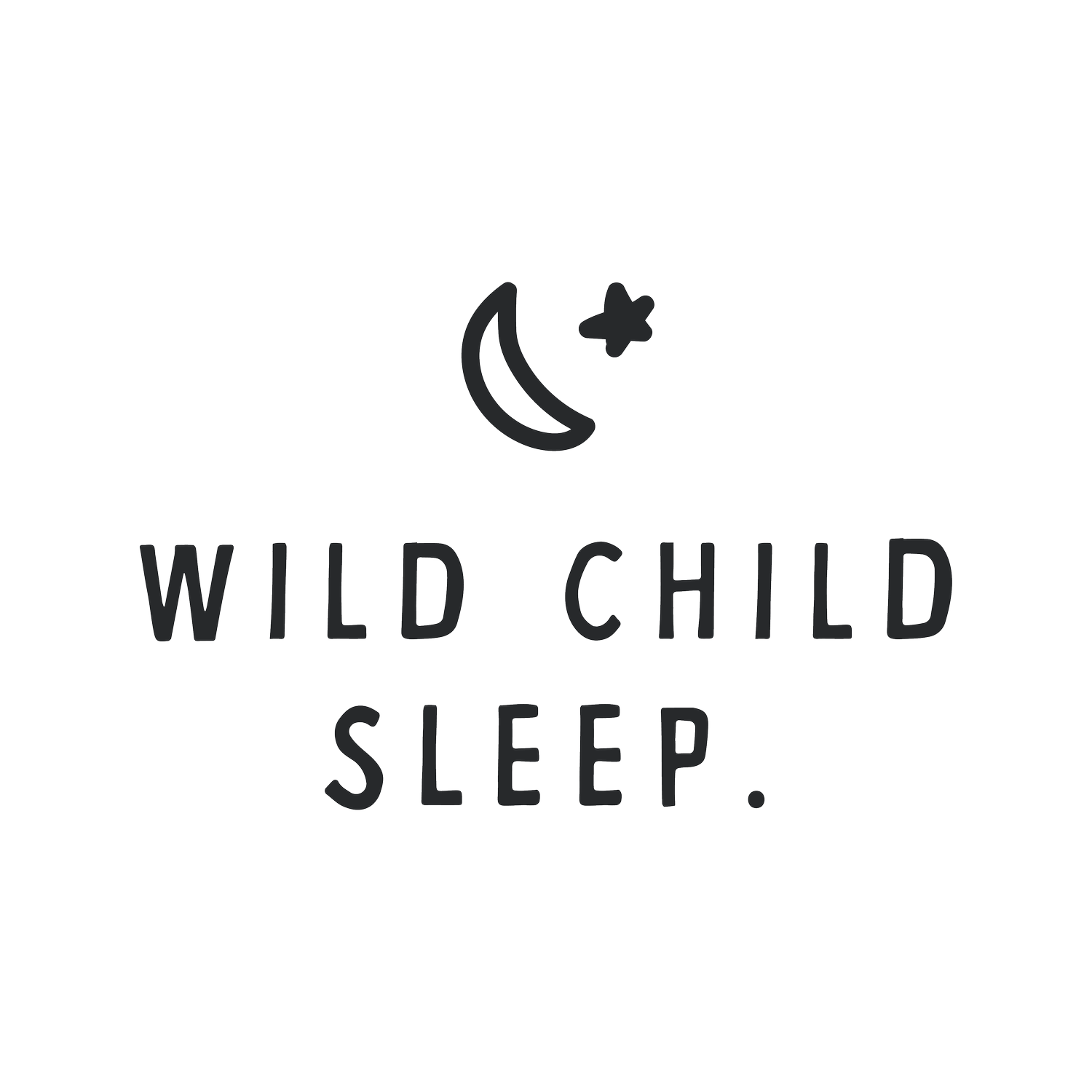What is Going on With My Four Month Old Baby’s Sleep?
You’ve survived the newborn stage, maybe even gotten away with a few six hour stretches of sleep! But your baby just hit 12 weeks and is suddenly sleeping like a newborn again. I get it. I’ve been there.
The 4 month sleep progression is typically the most challenging. It could be from the incredible number of changes happening for baby combined with the dwindling support from friends and family (if you had any to begin with). Add that to the sleep deprivation and stress many parents already feel, and you’ve got a recipe for guilt.
The good news is this:
You haven’t done anything wrong.
The bad news? You may or may not be able to improve sleep.
Keep reading to learn more about this incredible stage of development and ways to provide an optimal sleep environment. Spoiler alert: it’s not just about sleep.
Sleep at 4 Months
By 3 months, 71% of babies have slept through the night at least once. Around 4 months many revert to more frequent waking. At 6 months 84% of babies do not sleep through the night. Babies still commonly wake due to hunger, thirst, discomfort, loneliness, or they are too hot/cold. When they wake, they still need a caregiver's to comfort to fall back to sleep.
Babies at 4 months of age sleep between 10-18 hours total in a day. Babies at this age sleep around 2-4 total hours during the day, split between 4-5 naps. Nap length might be between 30 min - 2 hours and are often inconsistent. All of these numbers are just averages. If your baby doesn’t fit neatly into these ranges, but is generally content, then they are likely getting all the sleep they need. Like all averages, there will be outliers, or those that don’t fit within the given ranges. That’s okay!
Development at 4 Months
Babies become more aware of the world but don't have the physical ability to independently navigate it. Their vision improves and they may become easily distracted, however they are still heavily dependent on caregivers to negotiate the terraine. Further, salivary glands mature (they drool), they begin to roll, they're in the beginning stages of language acquisition... I would be excited and a bit overwhelmed, too!
Tips to Survive the 4 Month Sleep Progression
One of the most important things to do during this stage of development is take care of yourself. Babies need a calm, regulated caregiver (or at least one that is able to use their own self regulation strategies) to be soothed. Let your support system, if you have one, know that you still need help. If there is a family member who you want your baby to form an attachment to because they will eventually take over some of the childcare, this is a great time for them to get involved in nap routines. Local support groups, play groups at the library, or lactation circles are great places to meet other parents.
By this age most babies’ circadian rhythms have begun to develop, making this a great age to begin a bedtime routine. Keep it simple and consistent. A bath, diaper, tickle time or silly sounds, pajamas, and a story while baby nurses to sleep is plenty to start with. When you implement a new routine, like a bedtime routine, it can take a few weeks for baby to recognize that as a routine. Be patient as your baby adapts to this change.
Your baby still needs you and still needs to feed to sleep. It is normal for babies, whether they are four months old or three years old, to need a caregiver’s support to fall asleep. Feeding to sleep is natural and meets a lot of baby’s sensory needs for calmly falling asleep.
I would also suggest avoiding any major life changes, if possible, until your baby has gotten through this progression. Major life changes that may also increase night waking or cause bedtime “battles” include moving, caregivers returning to work, starting childcare, moving baby to their own room, changing baby’s sleep location from bedsharing to a crib, etc.
Finally, know that this is a stage. It will pass. I hope this post helped you feel confident in yourself and your baby’s needs.
Did you find this post helpful? Save it for later!


